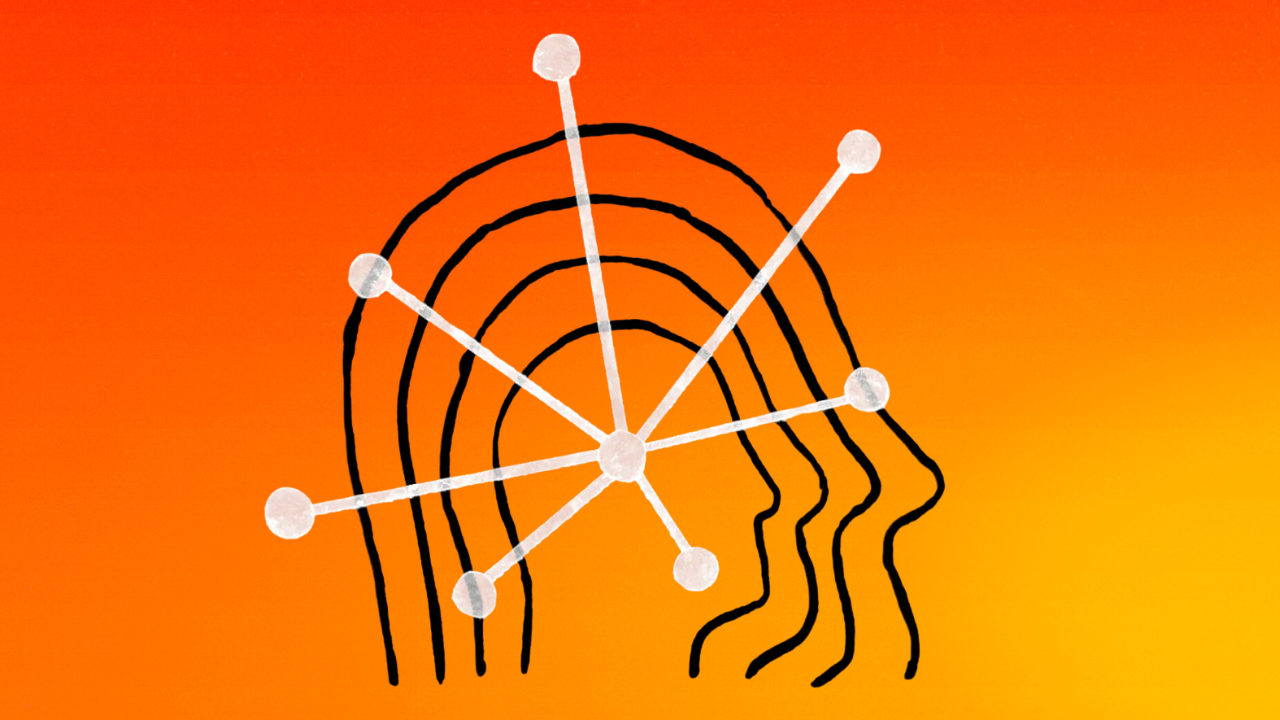Major Security Flaw Exposes Developer Systems
A serious security vulnerability has been uncovered in Anthropic’s Model Context Protocol (MCP) Inspector project. This flaw could allow attackers to remotely exploit and compromise developer machines, raising major concerns in the AI and open-source communities.
Understanding the MCP Inspector Project
Anthropic’s MCP Inspector was designed as a developer tool to examine and debug interactions with its AI models. It allows deep inspection of context data passed between users and AI agents. While powerful, the tool’s design unintentionally introduced a high-risk vulnerability.
Details of the Vulnerability
The critical flaw lies in how the MCP Inspector handles untrusted input. According to security researchers, a lack of input sanitization and insecure remote handling mechanisms could enable attackers to run arbitrary code on a developer’s system.
Worse, the exploit can be triggered through specially crafted data or links—without the developer realizing it. This makes the flaw not only dangerous but also stealthy.
Remote Code Execution Risk
The vulnerability allows for Remote Code Execution (RCE), one of the most severe types of software exploits. Once triggered, an attacker can take full control of the machine, steal data, inject malware, or manipulate AI responses.
Given the Inspector tool’s use in sensitive model development workflows, the potential impact is significant. Threat actors could gain access to proprietary AI models, datasets, and user inputs.
Anthropic’s Response
Anthropic acted swiftly upon disclosure of the flaw. The company issued a patch within 24 hours and urged all developers to immediately update the MCP Inspector to the latest version. In a public statement, Anthropic emphasized their commitment to transparency and responsible disclosure.
They also thanked the security researcher who responsibly reported the issue through proper channels.
Recommendations for Developers
If you’re using MCP Inspector:
- Stop using outdated versions immediately
- Download the latest patched release from the official repository
- Audit your recent usage for any suspicious activity
- Use sandbox environments for inspection tools going forward
Anthropic also recommends rotating any API keys or tokens that may have been exposed during the use of compromised versions.
Security in the AI Ecosystem
This incident is a stark reminder of the importance of security in AI toolchains. As open-source AI tools become more popular, they must also be subject to rigorous security testing. Even well-respected organizations like Anthropic are not immune to software flaws.
The vulnerability also highlights the risks of running AI developer tools directly on local machines without isolation or containerization.
What’s Next for MCP and Anthropic?
Anthropic plans to strengthen its internal security review processes and engage third-party auditors to review open-source projects. Developers can expect future versions of MCP tools to include stricter input validation, better sandboxing, and enhanced alert mechanisms.
The company is also encouraging the community to contribute to ongoing security testing through coordinated bug bounty programs.
Conclusion
The discovery of a critical vulnerability in Anthropic’s MCP Inspector project has put a spotlight on the urgent need for secure AI development environments. Developers are urged to patch immediately, review their systems, and remain vigilant.


